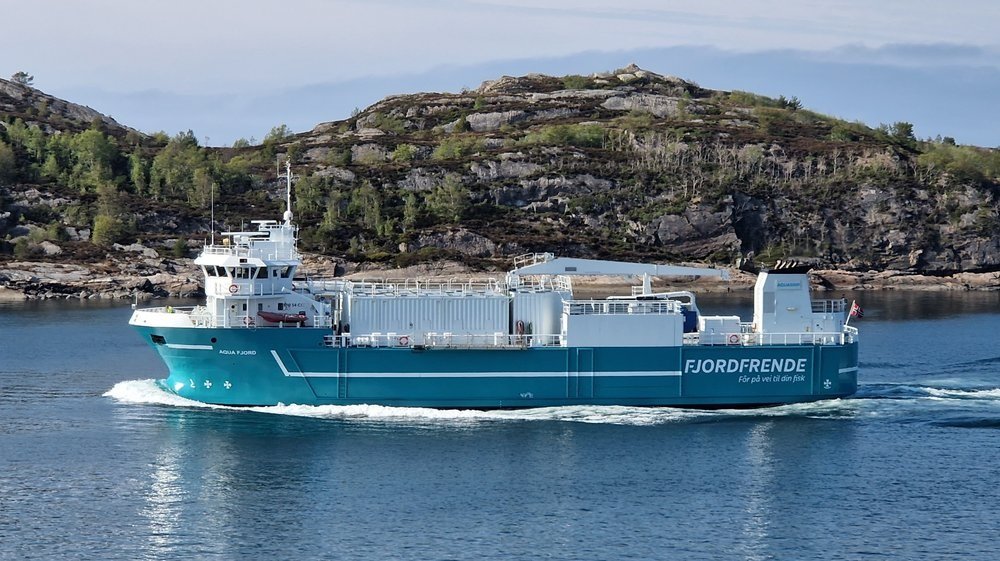Zelim, a maritime safety and security firm headquartered in Edinburgh, is advocating for the compulsory use of advanced situational awareness technology to improve vessel safety and minimize accidents at sea. This push follows the 2024 Annual Report from the Marine Accident Investigations Branch (MAIB), which stressed the limitations of human watchkeepers in modern shipping operations, as reinforced by the Solong and Stena Immaculate incident, reported by Seaborne Comms.
Proactive Measures to Protect Lives and Vessels
On 10 March 2025, the Portugal-registered container ship MV Solong collided with the anchored oil tanker Stena Immaculate near the Humber Estuary. The collision ruptured a cargo tank, sparking a major fire. Thirty-six crew members were rescued, while one seafarer remains missing and is presumed dead.
Zelim CEO Sam Mayall emphasized the importance of advanced technology in preventing such incidents. He explained that systems like Zelim’s ZOE, which combine AI-powered cameras with real-time alerts, enable crews to respond more quickly, reduce escalation of accidents, and provide reliable post-event records. Beyond collision prevention and man-overboard protection, these systems generate critical forensic data to support investigations and regulatory compliance. By reducing dependence on human vigilance alone, situational awareness technology allows crews to focus their expertise where it matters most.
India has already taken significant steps to enhance maritime safety. Earlier this year, its Directorate General of Shipping mandated CCTV systems on all domestic vessels of 500 GT and above, with full compliance required by 2028. The regulation details camera placement, resolution standards, and integration with AI-based monitoring, aiming not only for surveillance but also proactive detection, tracking, and alerting to safeguard lives at sea.
“Voluntary measures are no longer sufficient,” Mayall stated. “To strengthen safety and security at sea, global regulators should follow India’s example and mandate advanced situational awareness solutions. Smarter ships mean safer seas.”





